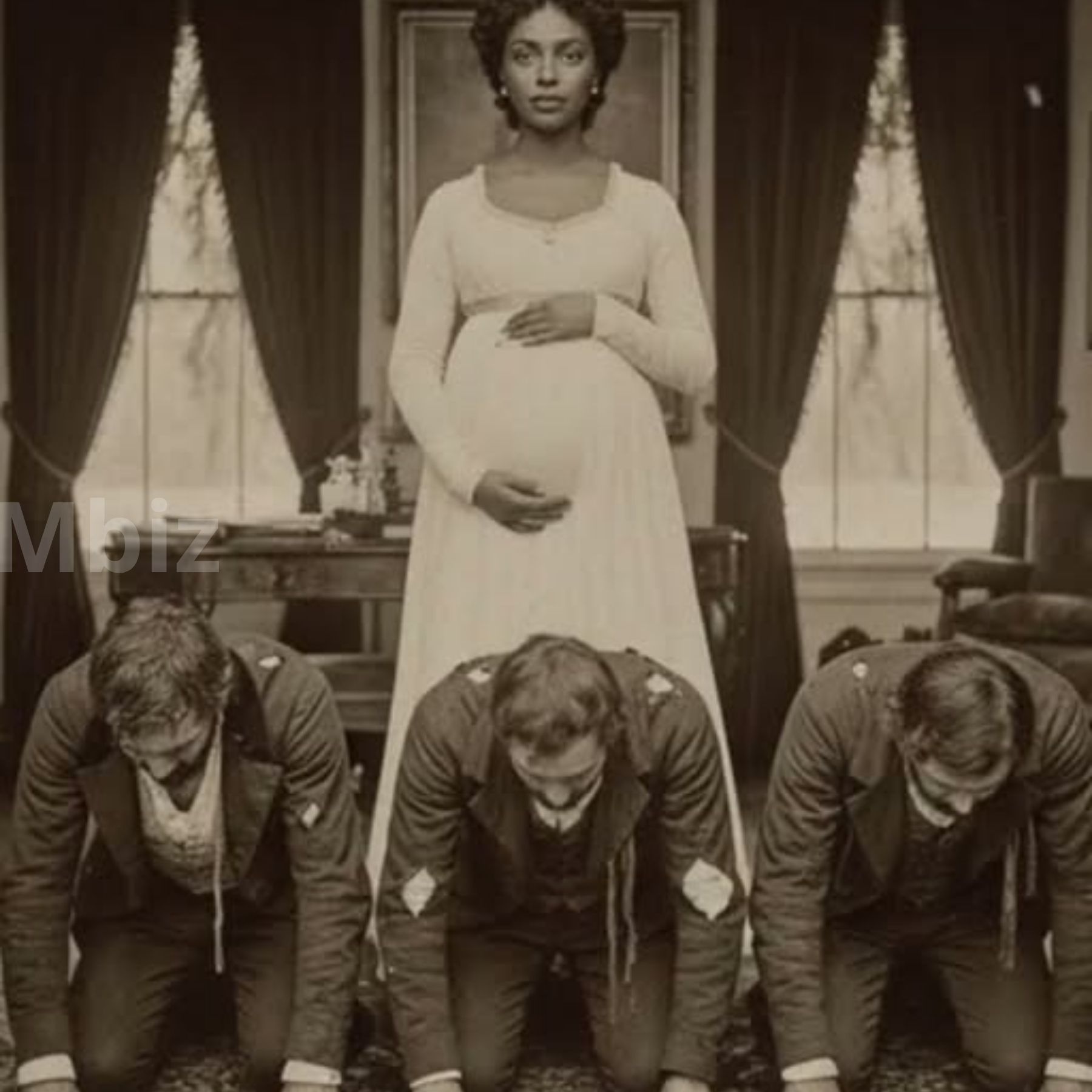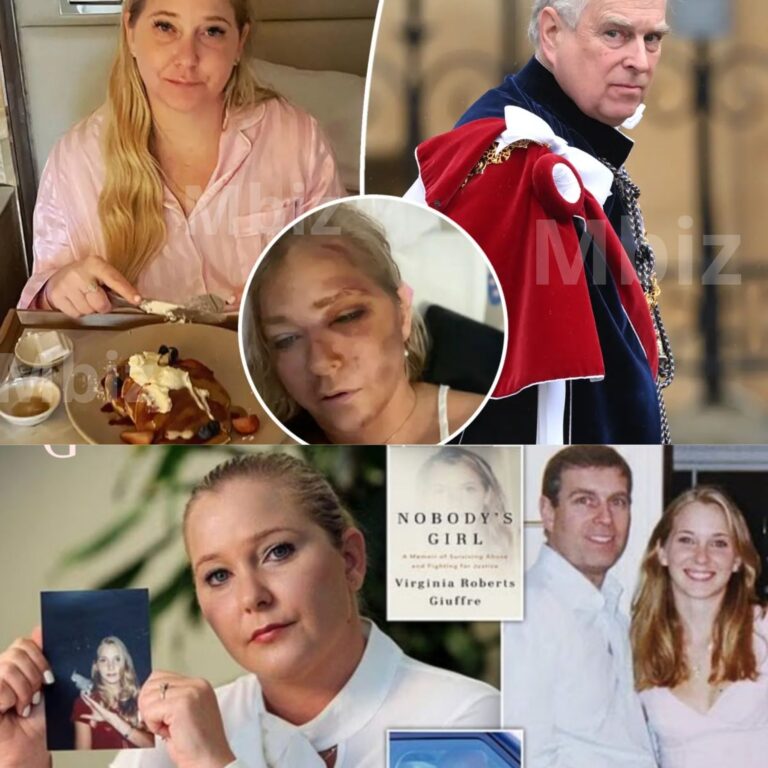(South Carolina) The Most Beautiful Slave in South Carolina… And the Three Men Who K!lled for Her

November 1859 — The Night the Masters Bowed
The candlelight flickered across the polished mahogany desk inside Cypress Oaks Plantation’s grand study.
Three men knelt on the floor — the Ashford brothers — trembling as they signed the same document.
Each signature sealed their humiliation.
Each penstroke was an admission of defeat.
They were signing over Cypress Oaks, their 1,200-acre empire of rice and blood, to a woman who eighteen months earlier had arrived there in chains.
Her name was Deline Rouso.
And in that moment, she owned them — body, mind, and soul.
But the rifle on the desk wasn’t there to protect her. It was there to stop the brothers from killing each other.
Because by the time they realized what she had done, it was already too late.
The Summer She Arrived
The story began in June 1858, when the air in Colton County, South Carolina, was so thick with heat it seemed to hum. The Comahi River slid through the cypress and moss-draped lowlands, past flooded rice fields where hundreds of enslaved people worked knee-deep from dawn until dark.
At the heart of it all stood Cypress Oaks, a mansion of white pillars and rot, owned by Nathaniel Ashford, sixty-five and proud, his wealth built on 127 enslaved souls.
He had three sons:
James, 32, cold and calculating, handled the ledgers.
Thomas, 29, the intellectual engineer, managed the rice mills.
William, 26, the gentle one, oversaw the fields.
They were born into privilege but ruled by resentment — three men at war with their father and each other.
On June 14th, a slave trader named Marcus Bellingham arrived from Charleston with a coffle of twelve people. The Ashfords weren’t planning to buy. But when one woman stepped forward, the world seemed to stop.
“That One’s Special”
She was nineteen.
Five-foot-six, with golden-brown skin, amber eyes, and dark waves of hair that refused to stay tied back.
“Her name’s Deline Rouso,” the trader said. “Came from New Orleans. Educated. Speaks French and English. Reads and writes. Used to serve in the master’s house.”
That made her dangerous.
That made her irresistible.
The Ashford brothers stared openly. Even their father looked too long. The trader saw the hunger in their eyes and smiled.
“For you, Mr. Ashford — two thousand dollars.”
An absurd price. But Nathaniel paid it.
That single purchase would end his family.
The Woman Who Knew How to Destroy Men
Before Cypress Oaks, Deline had lived through hell — and learned from it.
At twelve, she’d knelt beside her mother’s dying body on a Louisiana plantation. Her mother had been beaten for breaking a porcelain plate — a plate worth three dollars. As the enslaved woman’s fever burned, white men drank champagne in the big house, celebrating a wedding.
That night, Deline didn’t cry. She made a vow.
She would never be powerless again.
She studied people the way others studied scripture — their gestures, weaknesses, appetites.
She learned that men weren’t undone by lust itself, but by their belief that they couldn’t be manipulated by it.
She became a weapon disguised as beauty.
By nineteen, she had already ruined two owners — one bankrupt, one dead from “mysterious illness.” When she was sold to Cypress Oaks, she arrived not as a victim, but as an executioner with a plan.
The Seduction of Three Brothers
Within weeks, Deline had memorized the rhythms of the Ashford household.
James, lonely and vain, longed to be understood.
Thomas, brilliant and insecure, craved intellectual validation.
William, gentle and guilt-ridden, needed forgiveness.
She gave each exactly what he needed.
For James, she brought coffee late at night — sympathy in her eyes, admiration in her tone.
For Thomas, she studied his drawings, asking questions sharp enough to impress an engineer.
For William, she spoke softly of mercy, telling him he was different — kinder than other masters.
By July, each man believed he alone had found in her a kindred soul.

By August, each believed she loved him.
By September, each had shared her bed.
And by October, she had turned them against each other.
The Trap Tightens
First, she whispered to James that an overseer had tried to touch her.
James, enraged, fired the man on the spot and made Deline his personal secretary — giving her access to every ledger, every secret.
Then she told Thomas that James had forced himself on her.
To William, she said it was Thomas who had attacked her.
Each brother believed her.
Each swore to protect her.
Each began watching the others like enemies.
The house became a slow-burning fuse.
By autumn, three marriages were collapsing, three brothers were planning in secret, and one woman — Deline — was pulling every string.
The Poison and the Patriarch
When Nathaniel Ashford, the family’s aging patriarch, called Deline into his study to announce she’d be sold, she did something no one expected.
She told him the truth — or something that sounded like it.
“Your sons are infatuated with me,” she said. “I didn’t want it. But a woman in my position has no power. Sometimes pretending to consent is the only way to survive.”
Her calm confession disarmed him.
He saw not a seductress, but a survivor.
And when she said softly, “You’re a good man, Mr. Ashford,” the last of his reason collapsed.
That night, he spared her.
Weeks later, he wanted her.
By November, she was visiting his study nightly — at first for “discussions,” then for more.
He thought he was protecting her. She was poisoning him.
A trace of white arsenic in his brandy every evening — just enough to make him weak, confused, malleable.
Under her guidance, he rewrote his will.
When he died in January 1859, the plantation doctor called it “natural organ failure.”
But Nathaniel Ashford had been murdered — slowly, elegantly, invisibly.
And his new will left Cypress Oaks under the control of Deline Rouso for five years.
The Fall of the Ashfords
When the will was read, the brothers erupted.
They accused Deline of manipulation, their father’s lawyer of fraud, even each other of treason.
But the law sided with her.
The will was airtight.
And from that day on, the Ashford brothers — once the most powerful men in Colton County — answered to their former slave.
She forced them to call her “Miss Deline.”
She made them submit written reports, cut their allowances, assigned them labor once reserved for the enslaved.
She lived in the master bedroom.
They slept in the servants’ quarters.
In less than a year, she broke them — not with violence, but with humiliation.
The Night of the Signatures
By November 1859, the brothers were ruins of men — paranoid, penniless, and bitter.
Deline summoned them to the study. On the table lay a single document and a rifle.
“You will sign,” she said calmly. “You will acknowledge my authority — voluntarily.”
James’s hand shook so badly his name bled into the ink.
Thomas wept as he signed.
William pressed so hard his pen snapped.
When it was done, Deline smiled.
“Thank you, gentlemen. You’re dismissed.”
That was the moment the Ashford line ended.
The Fire and the Vanishing
By early 1860, Cypress Oaks was burning.
A fire tore through the office where Deline kept the plantation’s records. Every document that could expose her — gone.
Within weeks, the brothers had vanished.
James dead in Charleston, Thomas missing in Georgia, William rumored to have fled west.
Their wives divorced them in disgrace.
And Deline? She liquidated everything — the land, the crops, the furniture — and disappeared with more than $40,000 in gold.
In May 1860, a woman calling herself Mrs. D. Ashford boarded a steamship to New York with a small, amber-eyed child.
After that, history lost her.
The Ghost of Cypress Oaks
The plantation is gone now, the mansion demolished in 1923.
But locals in Colton County still whisper about the site.
They say the air feels wrong there — heavy, watching.
That sometimes, late at night, you can hear a woman’s footsteps on the old study floorboards, and the echo of three men kneeling in shame.
The Monster the South Created
Historians still argue about Deline Rouso.
Was she a villain — a poisoner, liar, manipulator who destroyed an entire family?
Or was she a survivor in a world that left her no other weapon but deceit?
She was enslaved by a system that saw her as property, and she fought back with the only tools it gave her — her mind, her beauty, her patience, and her rage.
In doing so, she became something terrifying:
proof that even in bondage, intelligence can be deadlier than any whip.
Epilogue
No grave for Deline Rouso has ever been found.
No record of the child she carried.
No trace of the fortune she took.
But every story of the old South hides ghosts like hers — women born in chains who learned to make power out of pain.
And perhaps that’s the true haunting of Cypress Oaks:
that the most beautiful slave in South Carolina didn’t just survive her masters.
She made them kneel.





